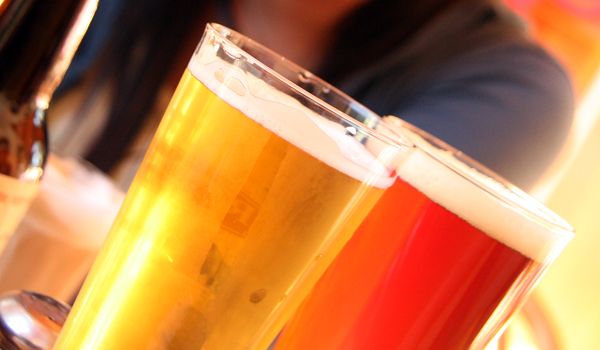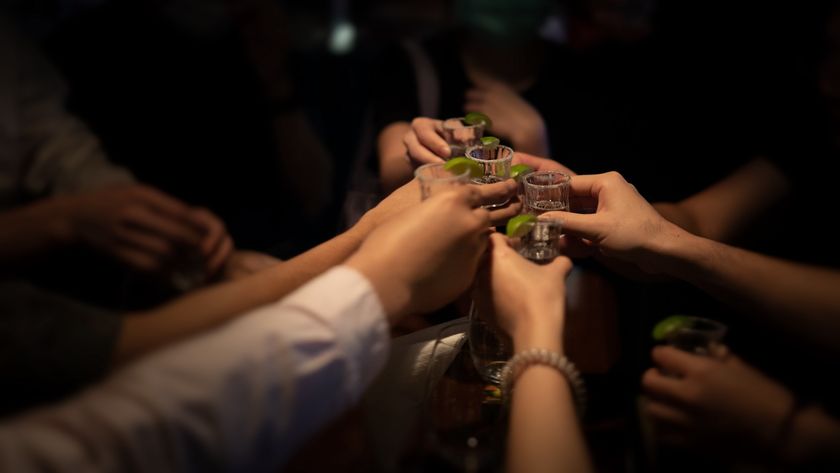Russia in a Froth? Beer Now Labeled as Alcohol

In a desperate effort to control runaway alcoholism, the government of Russia has officially declared beer is an alcoholic beverage.
While this may sound obvious to many, beer and other beverages containing less than 10 percent alcohol were previously categorized as food, according to the British newspaper the Daily Telegraph. As such, it was as readily available as juice from street kiosks and 24-hour shops, and Russians often enjoyed a brew on their way to work in the morning.
The Russians even have a saying: "Beer without vodka is like throwing money to the wind," reports the Telegraph.
But in 2011, President Dmitry Medvedev, who called alcohol abuse a "national calamity," signed off on the tough new restrictions, which took effect Jan. 1. Beer is no longer available at bus stops, train stations or gas stations, and cannot be purchased between 11 p.m. and 8 a.m.
The average Russian, according to the Daily Telegraph, consumes the equivalent of 32 pints of pure alcohol each year, and about 500,000 alcohol-related deaths occur in the country annually, including some 30,000 drunk-driving accidents and several thousand cases of drowning.
Critics charge the stiff new rules may backfire and increase alcohol consumption. "Stocking beer is more problematic than stocking vodka," Isaac Sheps, the chairman of the Union of Russian Brewers, told the Daily Telegraph. "It's bulky, it's big, there's no room for it in small homes. It's much easier to buy two bottles of vodka and manage for your instant need for alcohol.
"So it's quite ironic that this attempt to improve health and lower alcoholism could have the opposite effect and cause people to drink more harmful spirits," Sheps said.
Sign up for the Live Science daily newsletter now
Get the world’s most fascinating discoveries delivered straight to your inbox.
Follow LiveScience on Twitter @livescience. We're also on Facebook & Google+.

Most Popular




